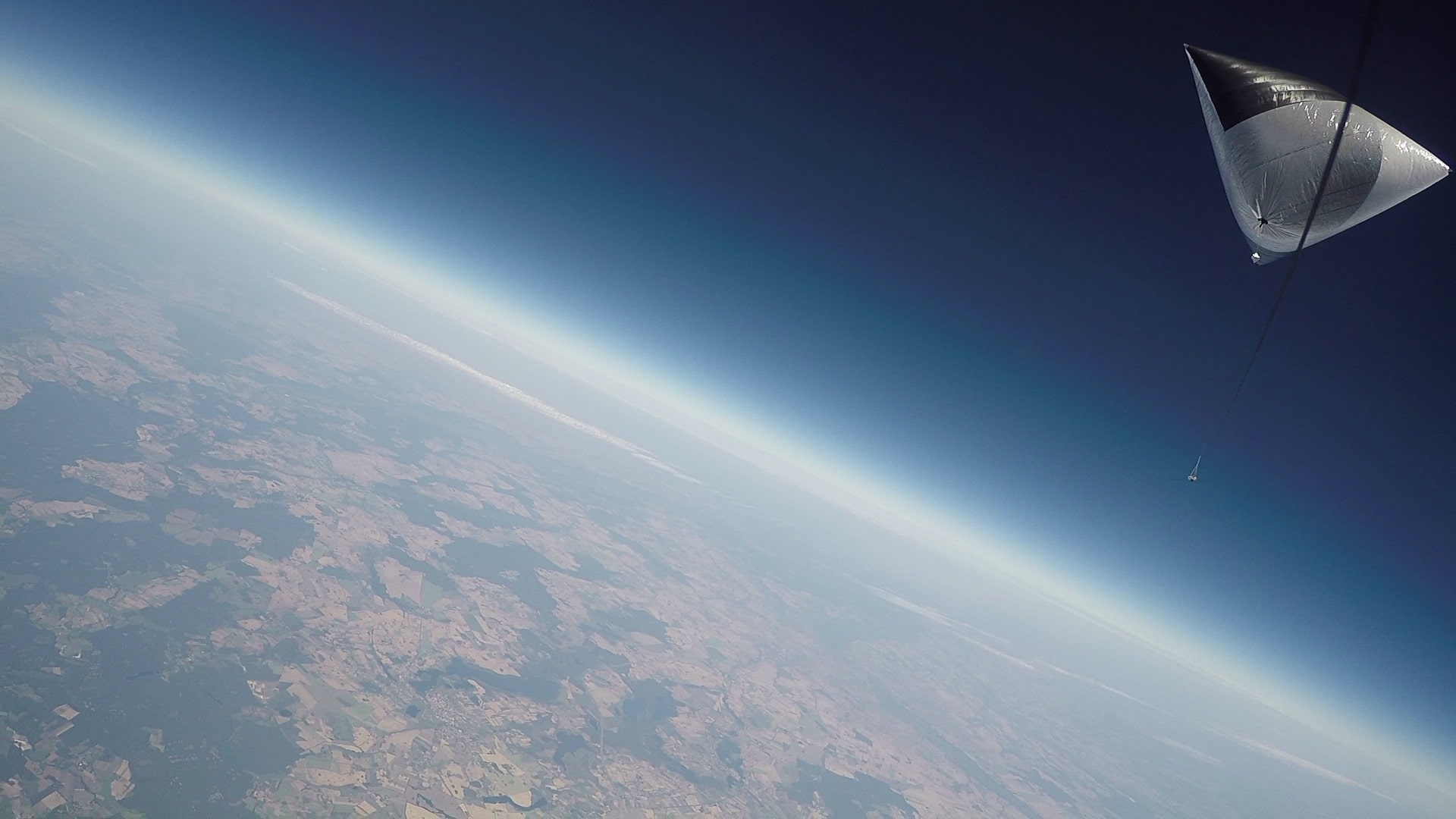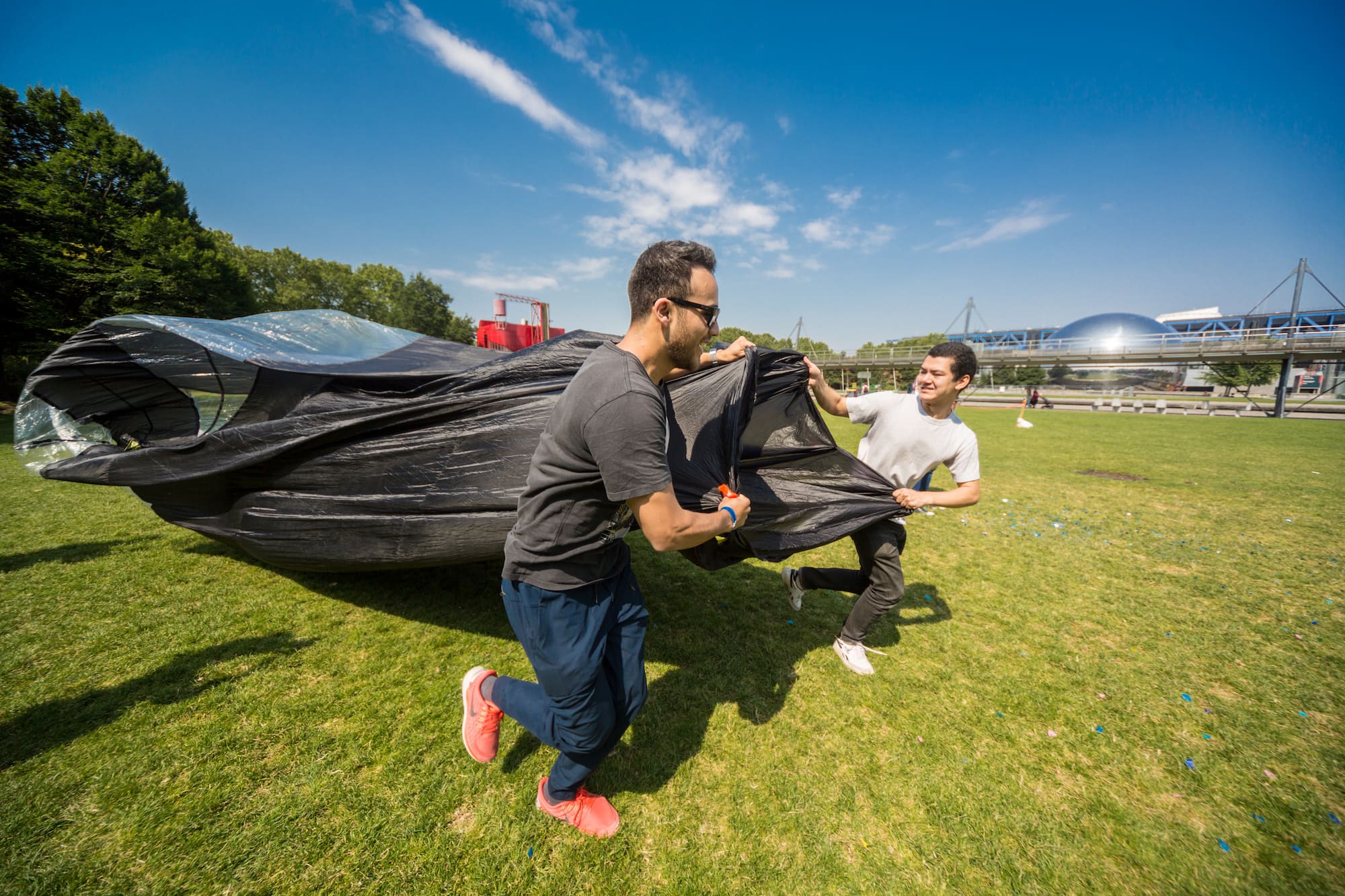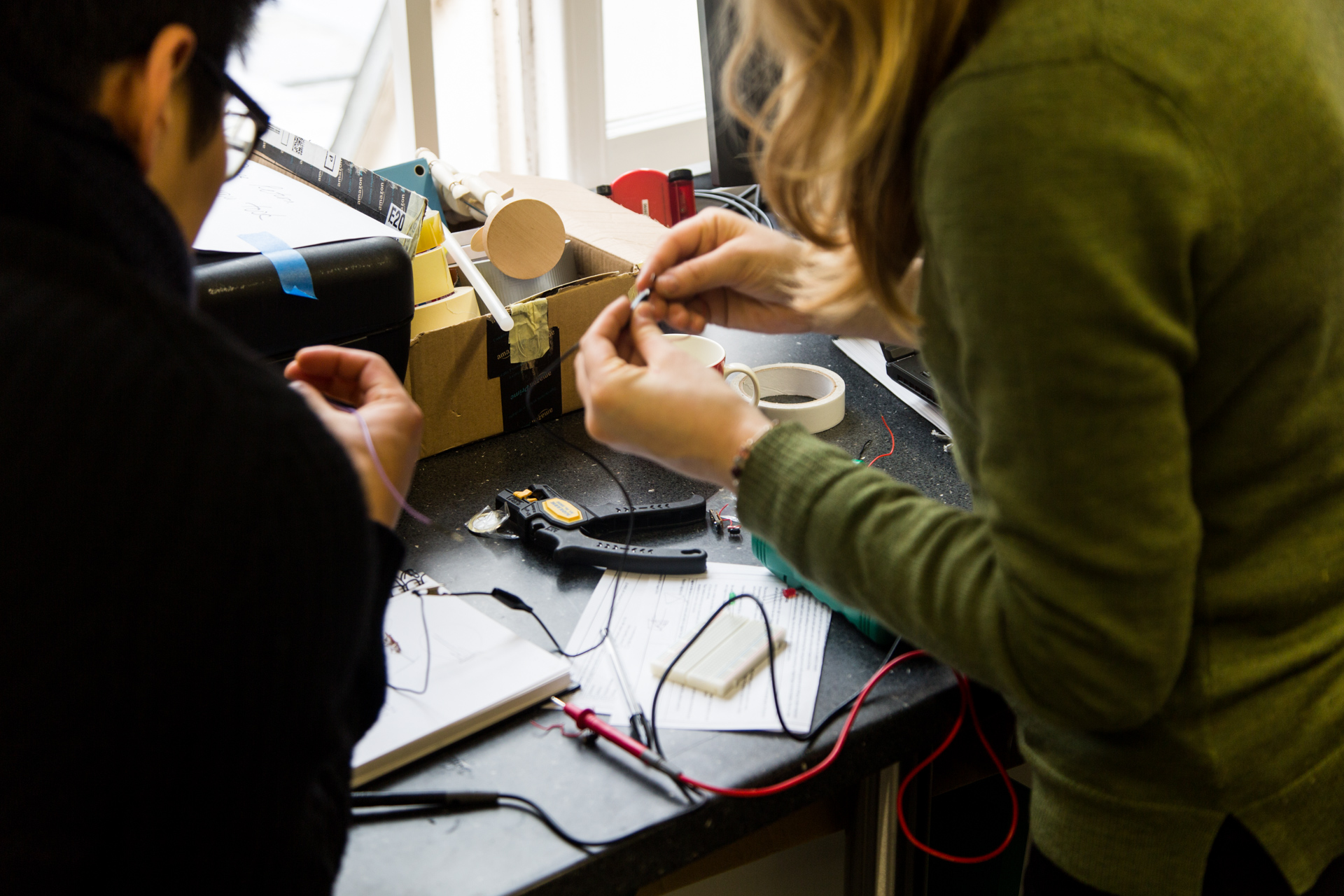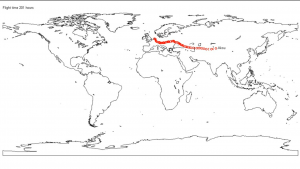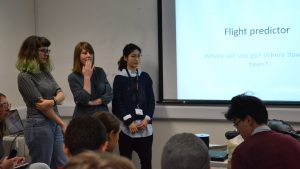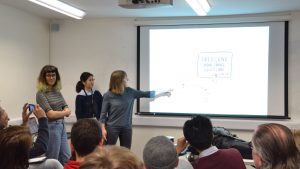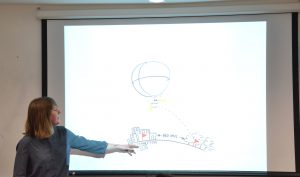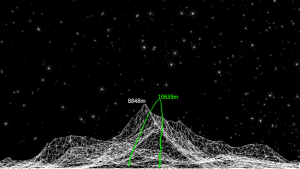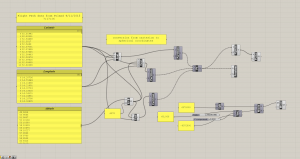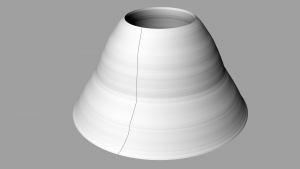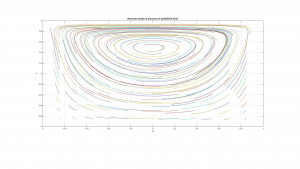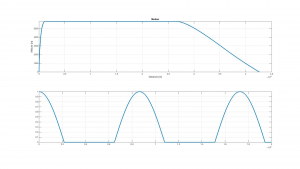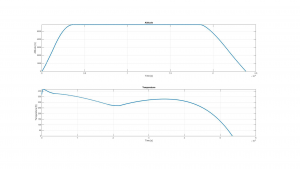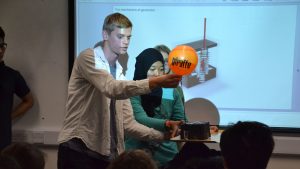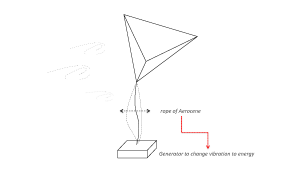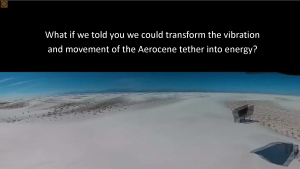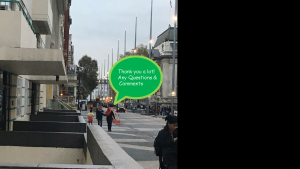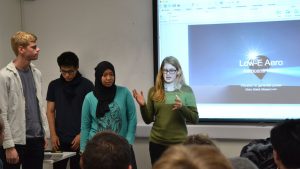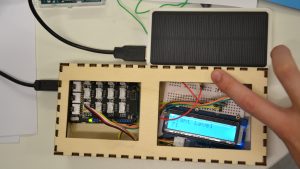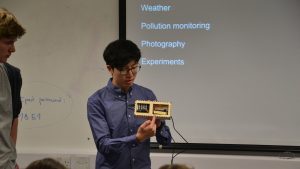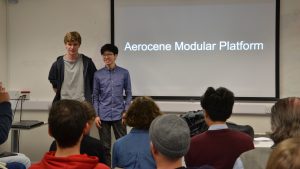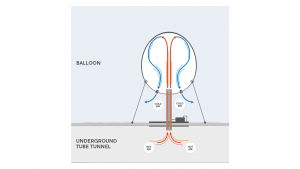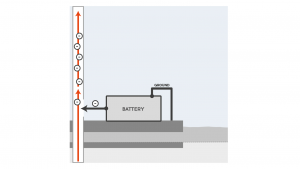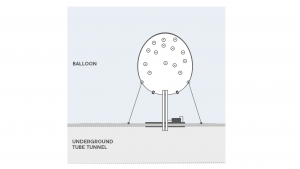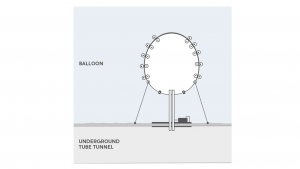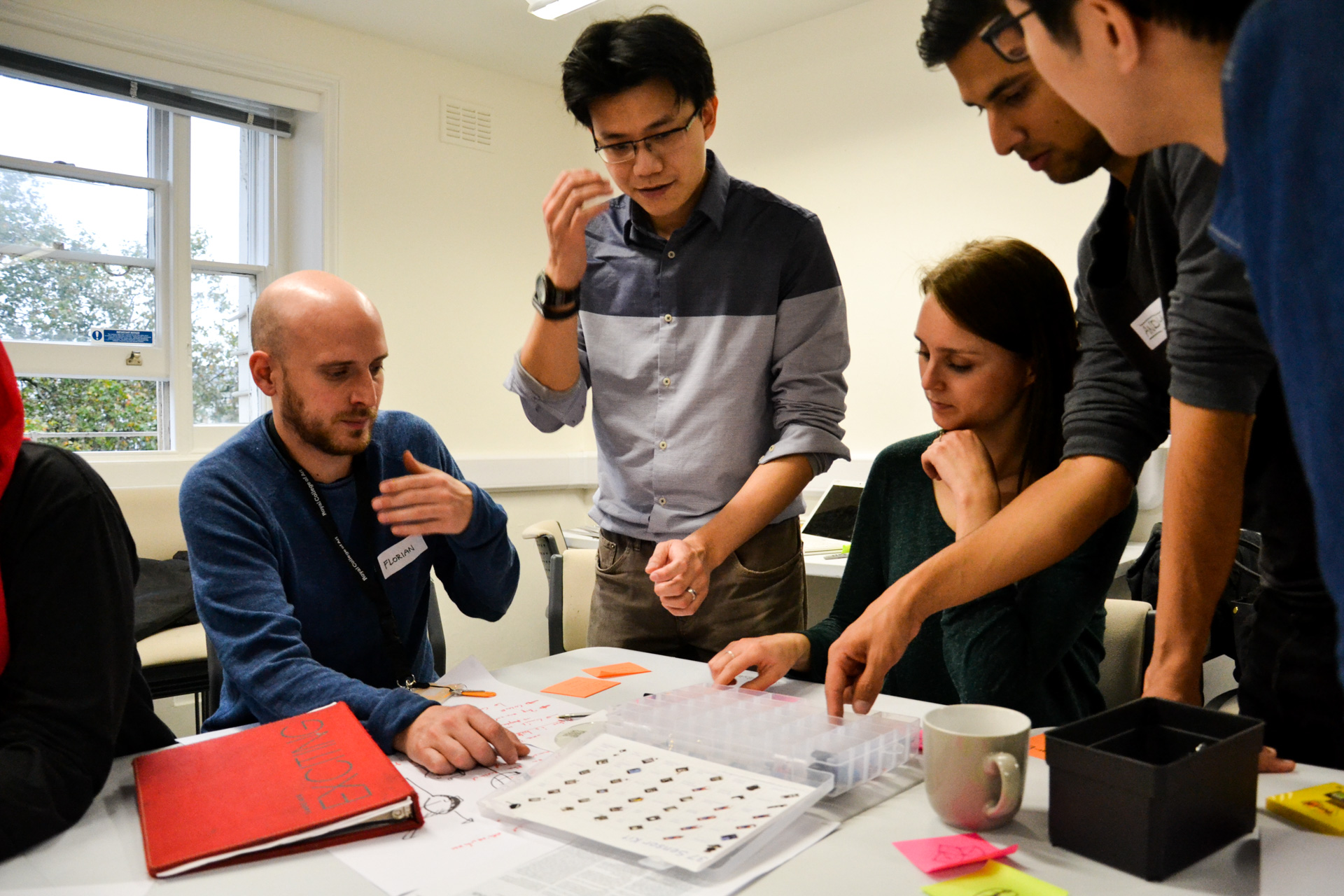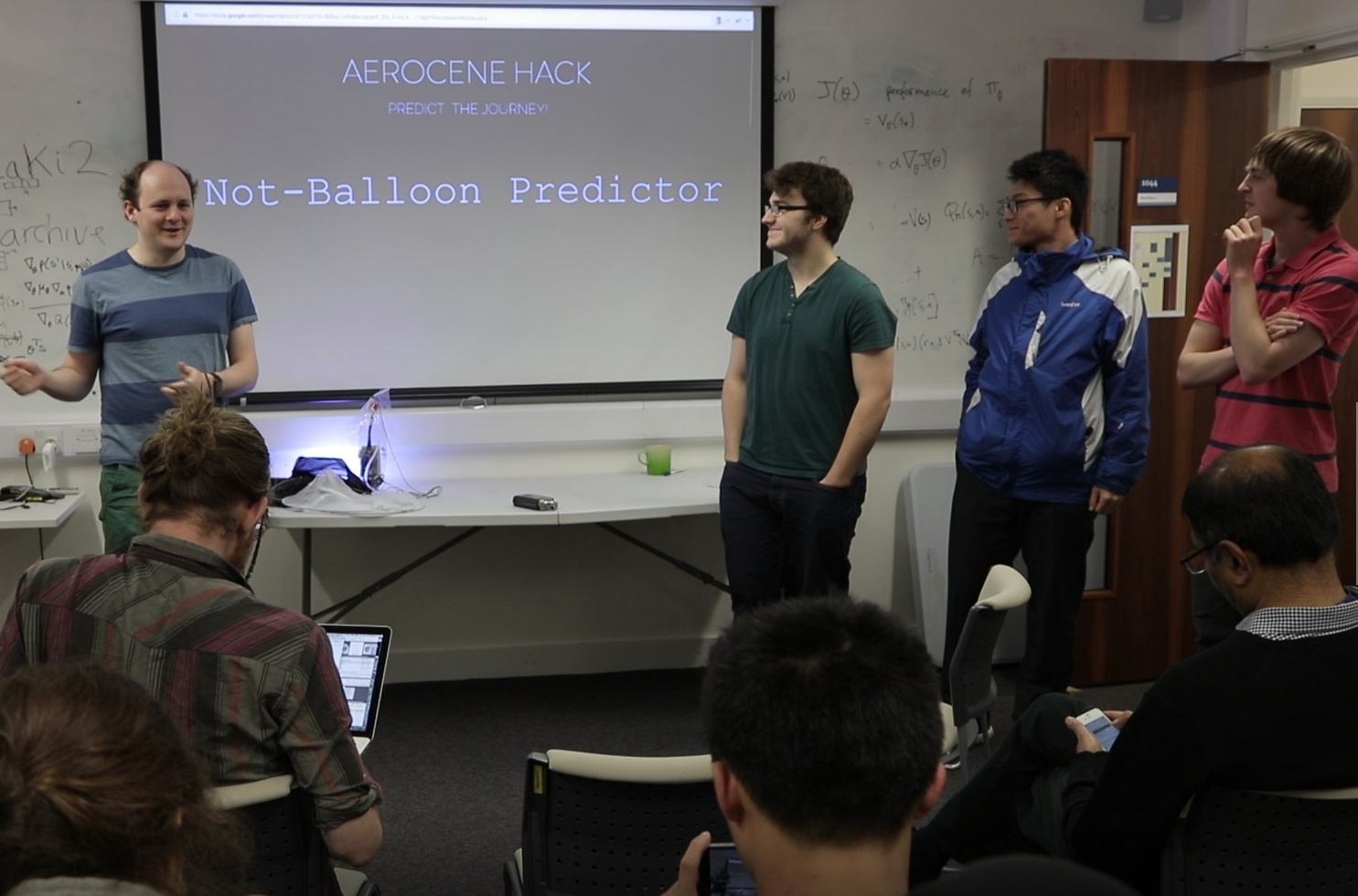The six-part seminar (25.11., 02.12., 09.12.2019 + 09.03., 16.03., 23.03.2020) with Erik Bordeleau is open to all interested parties, regardless of age, occupation or level of education.
Continue readingAerocene moves to FabCity Summit
During July 2018, Aerocene community was invited along Tomás Saraceno to participate on Fab City Summit, at La Villette, Paris.
Continue readingAerocene brainstorming session at Satellogic
On the heels of the groundbreaking Antarctic Biennale expedition, a heterogeneous group of engineers, oceanographers, hacktivists, writers and artists gathered for a productive Aerocene brainstorming session at Satellogic, a tech company building nanosatellites in Buenos Aires.
Continue readingAerocene Hack – Documentation
Aerocene Hack 2 – Documentation
29-30TH OCTOBER 2016 | IMPERIAL COLLEGE ADVANCED HACKSPACE, LONDON
as part of Aerocene at Exhibition Road
Open Call: Aerocene Hack 2, Exhibition Road, London – open call
In late November 2016, inspired by the experience of the first Aerocene Hack, the Aerocene project returned to Exhibition Road for further and deeper exploration of possible futures inspired by the Aerocene Backpack. The Aerocene Campus extended the invitation for collaborative hacking to interventions and discussions from an artistic, social, philosophical as well as technological perspective. Participants of the second Aerocene Hack – young scientists, designers, and developers – new and returning members of the Aerocene family – were invited to join in these discussions before settling into the Imperial College Advanced Hackspace (ICAH) for a session of ideation and prototyping. Their projects are documented below.
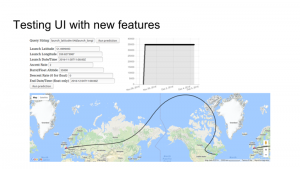

NOT-BALLOON PREDICTOR
Adam Greig, Daniel Richman, Jamie Wood, Yun-Hang Cho, Tzen Chia
Adam, Daniel and Jamie from CUSF were joined by 2 additional team members, Yun and Tzen, to further develop the predict.habhub.org flight predictor for floating balloons, to develop new user interfaces, and to begin modelling oscillating-altitude solar sculpture trajectories.



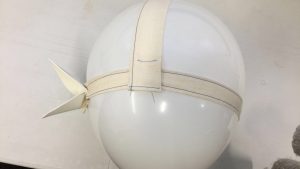
AERO BEAK
Grace Pappas, Larasati, Chun Hang Cho
Grace, Larasati and Chun developed a concept for an insect trap to study silver Y moths which migrate by riding favourable wind currents. The trap uses a biomimetic beak design which opens and closes in response to changes in air pressure that alter the shape of the sculpture.
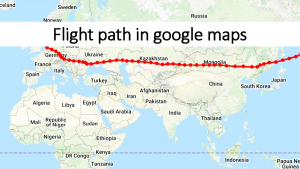

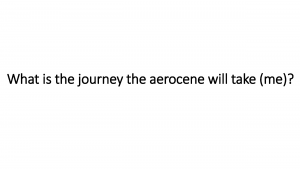
GOOGLEFLIGHTPATH
Evelien van Bokhorst
This hack attempted to build a dynamic model of the flight of a free-flying Aerocene Explorer based on models of buoyancy and of the wind. In a second part, the team explored the possibility of predicting the trajectory of Aerocene Explorer free flight once it reaches altitudes over 18 000m where GPS tracking systems must legally be disabled.
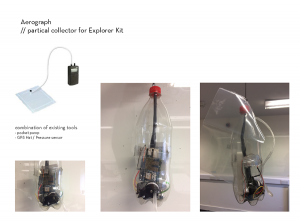
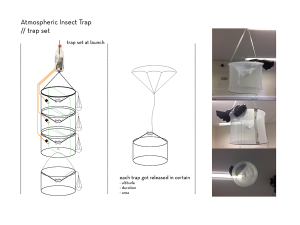
AERONAUTIC COLLECTOR TOOLS
Alex Bouchner, Daniel Schultz
Alex and Daniel worked on designs for different sampling devices for the Aerocene Explorer: a particle collector based on a cheap hacked air pump and a set of parachuting insect traps for takign multiple samples, e.g. at different altitudes, areas or times of day.
We would like to extend a huge thanks to Jing, Kitty, Raj and Chris from ICAH for welcoming us into their hackspace and supporting us with their expertise and experience. Likewise, we would like to thank Carlo and the Exhibition Road Commission – supported by the Exhibition Road Cultural Group (16 prestigious cultural and scientific institutions, including Imperial College London, the Natural History Museum, the Victoria and Albert Museum, and Serpentine Galleries amongst others), Arts Council England, South Kensington Estates and our Founding Patrons: Francesca von Habsburg, Maja Hoffmann and Nicoletta Fiorucci – for bringing the Aerocene project to Exhibition Road to create this unique platform for collaboration between Exhibition Road institutions.
Hacking Aerocene flight prediction: CUSF at the Aerocene Hack
Aerocene has long been a big fan of the flight prediction tool predict.habhub.org, developed by Cambridge University Spaceflight. We were happy to have CSF’s Adam Greig, Daniel Richman and Jamie Wood join our latest Hack at the Imperial College Advanced Hackspace in London.
Continue reading
